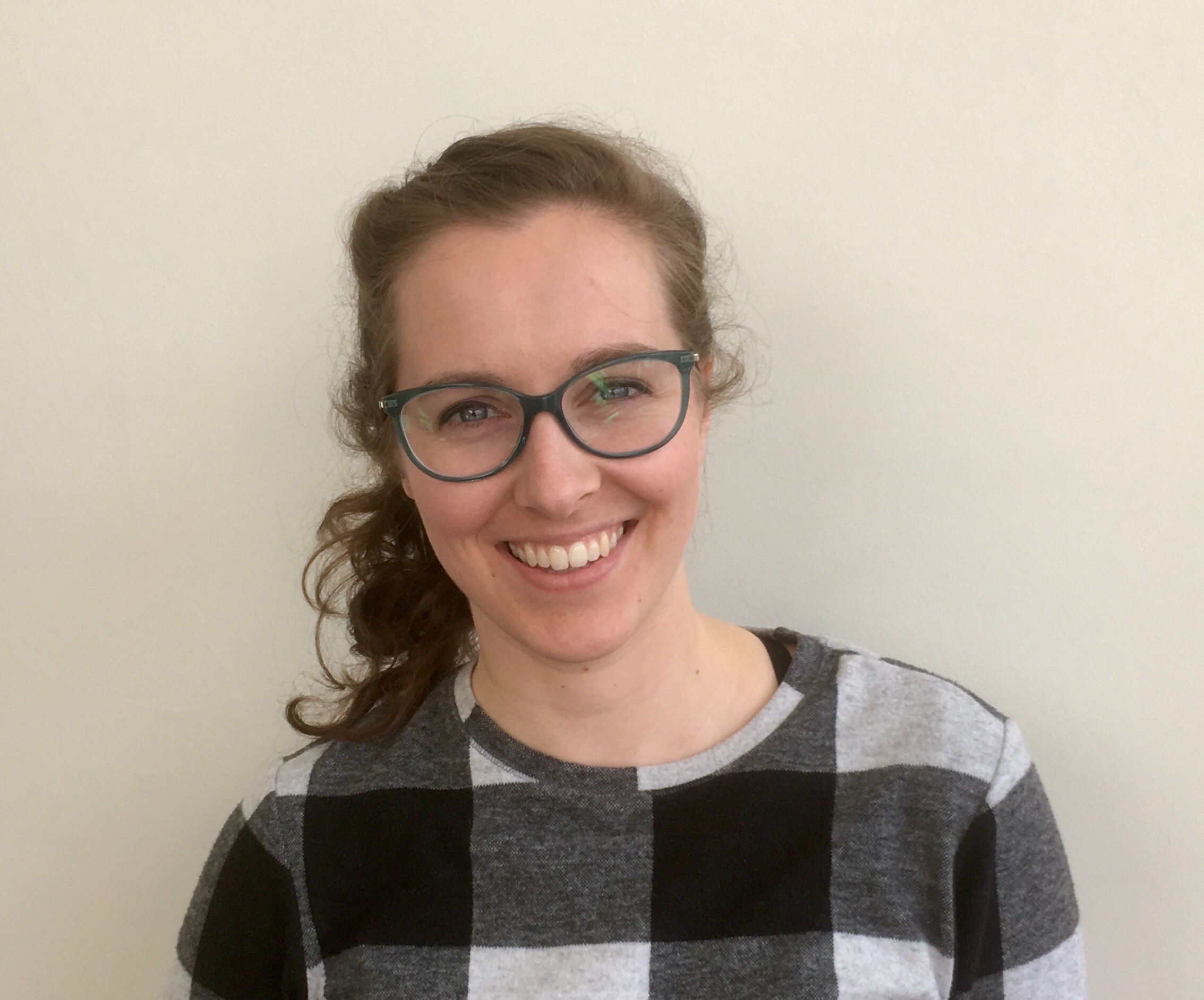The body’s immune system plays a major role in regulating cancer development, and can identify and destroy many cancers - except when the cancers can prevent these cells from functioning effectively. Malignant melanoma, the most dangerous type of skin cancer, is the fifth most common cancer in the UK, with nearly 16,000 new cases every year, according to Cancer Research UK. Like many cancers, melanomas avoid detection and destruction by the immune system by expressing markers on their cell surfaces which deliver an ‘off’ signal to the immune system. New immunotherapy drugs (known as ‘checkpoint inhibitors’) to fight this are being developed - with some success - to help restore normal immune system function, but they’re very expensive, some patients don’t respond to the treatment, and others develop side effects.
Emily Milodowski has been working on this problem thanks to the Elizabeth Blackwell Institute Clinical Primer Scheme. Using a technique called flow cytometry, which suspends cells in a stream of fluid and passes them through electronic detection equipment, she has started to look at patterns of co-inhibitory receptors on the surface of immune cells such as T lymphocytes to see if these could potentially be used as biomarkers to determine which patients will respond to the treatments for melanoma and which will not.
“Using flow cytometry, I am able to study individual immune cells. I can label these cells with different antibodies, tagged with fluorescent markers, and identify the different combinations of receptors found on the surface of each cell. I have designed a new antibody panel to look at the expression of 16 different cell markers simultaneously. Over the course of the six month project, I have been testing how different experimental conditions can affect how co-inhibitory receptors are expressed by T lymphocytes.”
So far, she has been developing the new panel to look for co-inhibitory receptors on T lymphocytes in healthy donors. The next step is to use the panel in blood and tumour samples from people with malignant melanomas, to help understand why some people don’t respond to checkpoint inhibitor immunotherapies.
Emily initially trained as a veterinary surgeon at the Bristol Veterinary School, the Royal Veterinary College, and Cornell University. She has long been interested in translational research, and has collaborated with other University departments to this end, before moving into clinical research.
“For me, translational research is crucial for the continued advancement of the medical and veterinary professions, and represents a field that I am inspired to be part of.”
Emily is continuing her work on co-inhibitory receptor expression in T lymphocytes with a Wellcome Trust funded GW4-CAT PhD at the University of Bristol.
